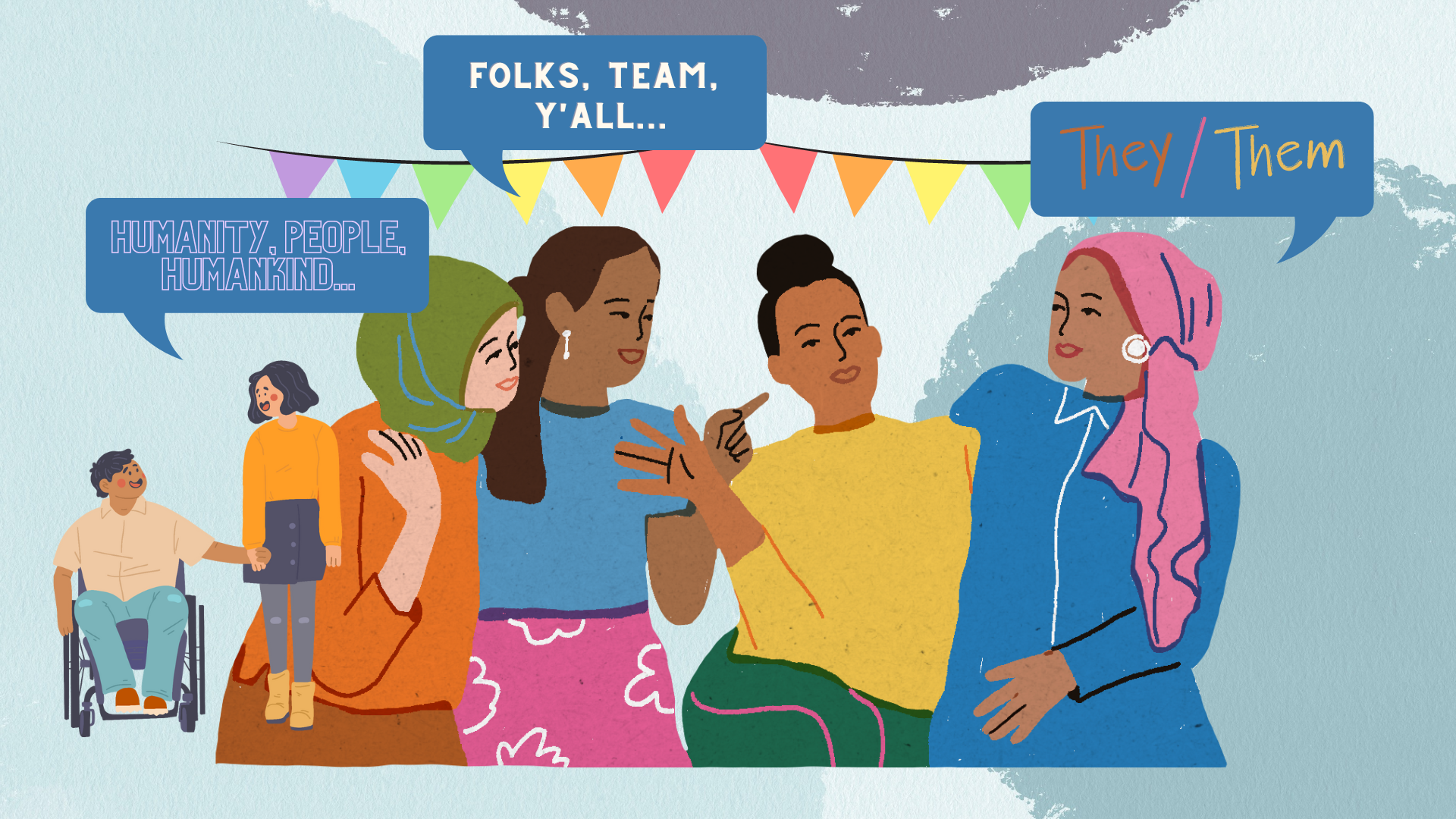Faculty and Staff Wellness Resources
Wellness Center resources for Faculty, including crisis response protocols.
Need help now?
If a student is in need of immediate medical attention or is clearly and imminently reckless, disorderly, dangerous,
or threatening and is suggestive of harm to self or others in the community, call Security Services at (773) 481-8970 (main campus) or (773) 481-8233 (Humboldt Park Satellite Campus) and 911 immediately.
If a student is in crisis, needs mental health support or diagnosis, or you are unsure where to send a student, contact the Director of Wellness, Hoyam Tanon, at (773) 481-8634 and/or htanon@ccc.edu. You may also walk with the student to the Wellness Center, located in S-106 in the Science Building. Students can also talk to a Wellness Center counselor immediately during our open hours by scanning the QR code below:

Zoom ID: 3514923395
General Resources:
The Red Book was designed by the Wright College Wellness Center in Fall 2022 as a one-stop reference guide for deescalating conflict with students and directing students to appropriate resources in times of crisis. Note: The Red Book is not a diagnostic manual and faculty/staff are not responsible for mental health diagnosis or treatment of students. Please refer students to the Wellness Center for mental health evaluations and treatment.
Trauma-informed teaching is critical for building healthy relationships with our students. Read the document below for ways to create a welcoming and trauma-informed classroom.

Inclusive Language:

Harvard University’s excellent "Foundational Concepts & Affirming Language" guide includes key ideas to consider when striving to use inclusive language in the classroom and beyond.
Trauma-Informed Teaching and Learning Resources:
Interested in reading more about reducing implicit bias and promoting trauma-informed teaching? Below is a list of recommended studies and readings on implicit bias:
- "Reducing implicit racial preferences: III. A process-level examination of changes in implicit preferences," Calanchini et al.
- "Potentially Perilous Pedagogies: Teaching Trauma Is Not the Same as Trauma-Informed Teaching," Janice Carello MA LMSW & Lisa D Butler PhD
- "Performing Antiracist Pedagogy in Rhetoric, Writing, and Communication," edited by Frankie Condon and Vershawn Ashanti Young
- Trauma-Informed Pedagogies: A Guide for Responding to Crisis and Inequality in Higher Education by Phyllis Thompson and Janice Carello
- My Grandmother’s Hands: Racialized Trauma and the Pathway to Mending Our Hearts and Bodies by Resmaa Menakem
- Trauma Stewardship: An Everyday Guide to Caring for Self While Caring for Others by Laura van Dernoot with Connie Burk
- The Body Keeps the Score: Brain, Mind, and Body in the Healing of Trauma by Bessel Van Der Kolk, M.D.
- Trauma is Really Strange by Steve Haines and Sophie Standing
